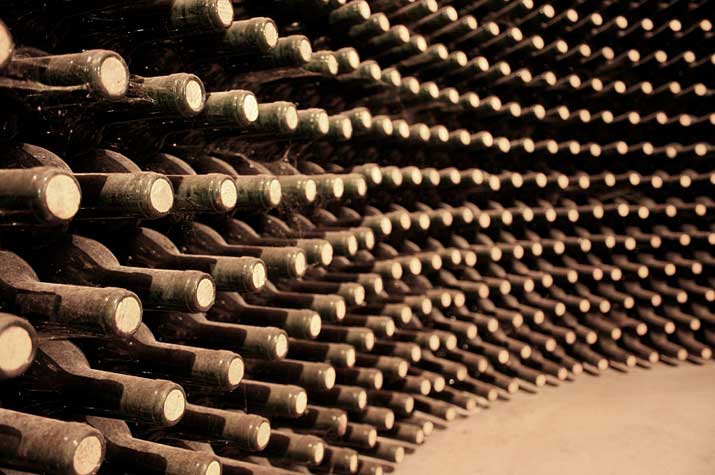
Anyone who has been drinking wine over the past decade has noticed a distinct trend away from natural cork to synthetic cork and screw top caps. For most, it may just be a passing interest; however there are a couple of driving forces surrounding the change.
Many value-priced wines, especially from the New World, but increasingly from Europe as well, are now coming complete with screw tops or synthetic cork. Why the change? Some people think that the change was due to cork not being environmentally friendly. In fact, that couldn’t be further from the truth. Cork is a 100% renewable and sustainable resource and when used in construction actually qualifies for LEED credits. Cork is the bark of the Quercus suber oak tree, which is native to the Mediterranean. It grows an extremely thick bark (used by the tree as protection from fire) which is stripped for use 100% by hand, no machines used. The cork is then left to sit in the open air for six months, transported to the cork factory, washed and then used to make wine stoppers or for modern, environmentally friendly flooring. The bark grows back over about 10 years and the tree can live for over 200 years. The trees are recognized as providing a unique ecosystem in semi-arid conditions and are actually protected by law in Portgual which is the world leader in cork production.
Surprisingly, the move to screw caps and synthetic caps is actually considered by some groups, like the WWF as being environmentally harmful to the extent that if there is no further need for cork for wine stoppers or flooring solutions, the extensive cork farming operations would become uneconomic and the trees would be neglected.
While there absolutely is a place for screw tops within the wine industry, especially for wines which should be enjoyed over the next couple of years, it is an interesting dynamic to consider that the switch away from a “consumable” resource could actually negatively impact the tree’s ecosystem.
One of the disadvantages of cork versus the screw top is that cork stoppers are more time consuming when manufacturing bottles of wine. For example, production of 5,000 bottles/hour is possible with cork versus 25,000 bottles/hour with screw tops. Cheaper production means lower cost to the wineries which means more value passed onto the consumer. Interestingly, cork producers who were slow to respond to the threat of alternative closures are already looking at registering natural cork within the European Community to establish its environmental benefits which would allow wineries to market that point, much like they have done with organic wine processes.
